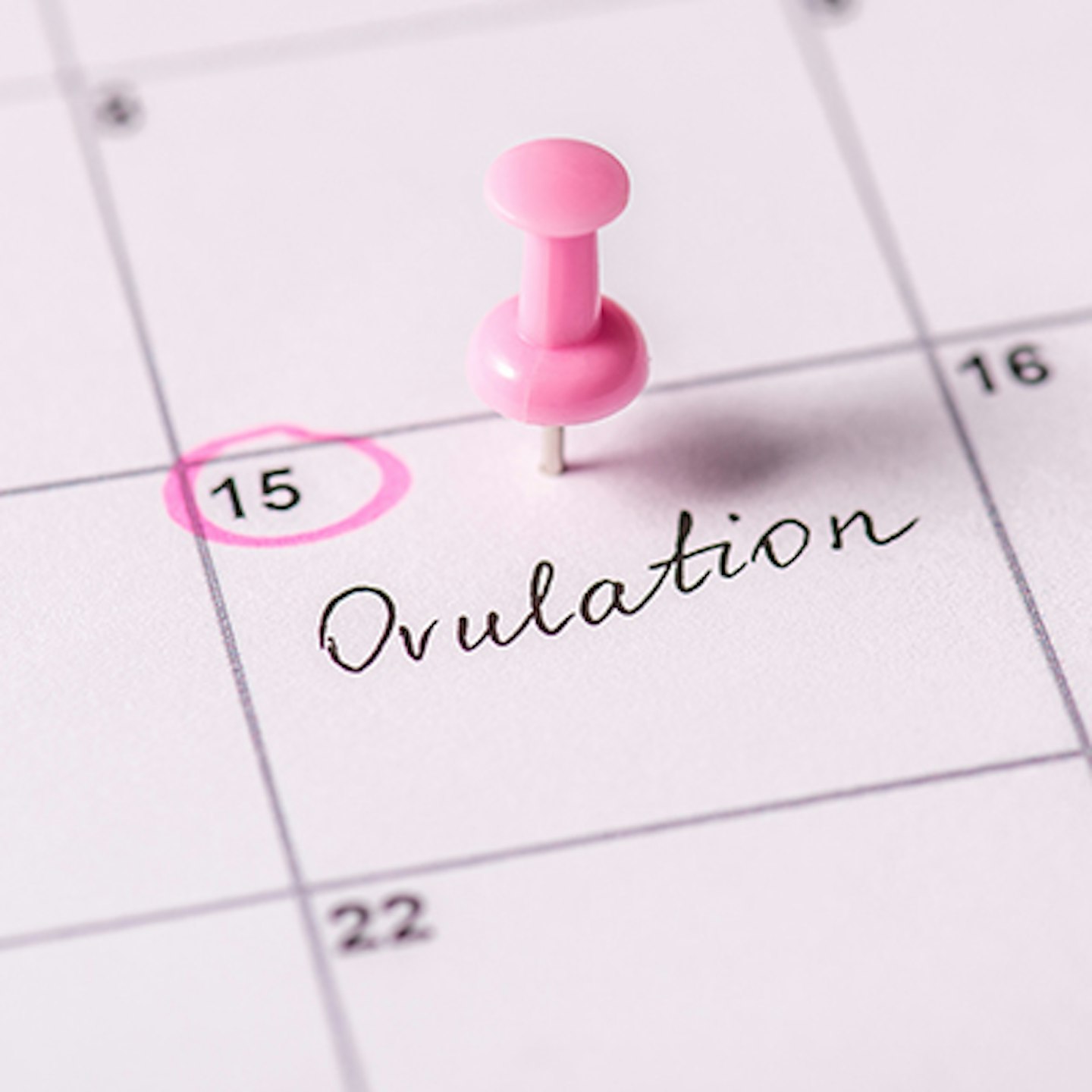You’ve had the chat, abandoned the birth control and are ready to start trying to conceive. But believe it or not, getting pregnant isn't always as easy as your school sex education classes would have had you think. Your body doesn't always act fast, so make sure you're clued up on how to prepare for and stay healthy in the meantime, in order to conceive naturally.
Before you leave everything in the hands of fate, here's some useful advice and easy tips on how to maximise your chances of getting pregnant and fast!
Boost your chances of getting pregnant fast with these easy tips
To really increase your likelihood of getting pregnant fast, think about your lifestyle. Here are the tips the experts want you to know:
How to get pregnant fast
 1 of 11
1 of 111) Book an appointment with your doctor
If there’s anyone who’s going to be able to advise you best on falling pregnant quickly, it’s your doctor. But it’s also important to make sure that you and your partner are both healthy and ready to conceive. It’s also a good chance to discuss any current or pre-medical issues you may have and to discuss any medication you may be on, as it may contain ingredients that could affect your fertility.
 2 of 11
2 of 112) Maintain a healthy diet
A healthy, balanced diet can support three key factors to help you conceive - progesterone levels, implantation and ovulation.
“Opt for plenty of vegetables, fruit, whole grains and calcium and folate rich foods daily,” says Professor Nargund, Medical Director at CREATE Fertility. “If you eat fish, try to opt for it two or three times a week as it is the best source of omega3 fatty acids, which is another positive fertility nutrient. Although take care to avoid fish with high mercury levels.”
Take a look at the best foods to increase your fertility.
 3 of 11
3 of 113) Give up smoking
Cigarettes are brimming with 4,000 harmful chemicals which, according to the NHS, can affect both you and your partner's fertility, so ditch them! The same applies for passive smoke too, so if your partner smokes, but you don’t, it’s best they stop. If you’re struggling to quit smoking then there’s lots of support services out there that can help you.
 4 of 11
4 of 114) Reducing the amount of alcohol you drink or stopping altogether
Alcohol can affect not just your fertility but your partner’s too, as heavy drinking can lead to a decrease in the hormones needed for sperm production. If you do fall pregnant, experts are still uncertain how much alcohol you can drink, therefore the Chief Medical Officers for the UK advise avoiding whilst trying to conceive and during pregnancy.
 5 of 11
5 of 115) Reducing your caffeine intake, as this can also slow down conception
Some studies have revealed this can slow down conception and can lead to a higher risk of miscarriage and low birth weight. The NHS advises no more than 200mg per day or you can always switch to decaffeinated options.
 6 of 11
6 of 116) Take a folic acid supplement
It's recommended you take 400 micrograms a day until 12 weeks pregnant, or a prenatal vitamin that includes folic acid, which is essential for healthy foetal development.
 7 of 11
7 of 117) Have unprotected sex often
Due to different legnth menstral cycles and unaccurate testing methods, it can be difficult to pinpoint exactly when you are ovulating. If you're looking to get pregnant fast, it's best to have unprotected sex often.
 8 of 11
8 of 118) Aim for a healthy weight
A healthy weight before conception can help increase your chances of getting pregnant faster.
“Too much or too little body fat can make periods irregular or stop them completely, which can affect your ovulation and your ability to conceive,” says Professor Nargund. “The American Society for Reproductive Medicine found that obesity is associated with decreased fertility and increased risk of miscarriages. Regular low intensity workouts and long walks are best, as vigorous exercise may have adverse effects when trying for a baby.”
Make sure your partner is a healthy weight too, as several studies on overweight or obese men have shown that their sperm count increased when they lost weight.
 9 of 11
9 of 119) Stress less
High levels of stress can affect your libido and the more frequently you have sex, the better your chances will be at getting pregnant fast. We know you’re on a baby mission, but make sure to carve out time for you too doing something you enjoy which helps you stay calm.
 10 of 11
10 of 1110) Track your ovulation
Women are only fertile for a few days each month, so knowing you are having sex at the right time will definitely improve your chances of getting pregnant. Give our ovulation calculator a go - just pop in the first day of your last period and the length of your cycle and it’ll show you the optimum days to try and conceive every month.
 11 of 11
11 of 1111) Don't use lube
It might be more comfortable during sex, but some lubricants are not sperm-friendly and could cause the sperm to die before reaching the egg. If ditching lube is a no no for you and your partner, then just make sure you’re using a ‘sperm-friendly’ one.
How long does it take to get pregnant?
It might feel like you've been dreaming about getting pregnantfor ages, but most of the time, a healthy couple having frequent, unprotected sex, will become pregnant within a year. A study by the Mayo Clinic showed the following results:
38% fell pregnant after one month
70% after three months
81% after six months
92% after 12 months
So, for those of you in your early thirties or younger, it is usual and healthy to try for a year before any success. This is because technically, you only have a 1 in 5 chance of conceiving every month, so luck plays a big part in how long the process will take, even if you're monitoring your ovulation cycle closely. It's also a good idea to be aware of the common signs you can't get pregnant for both men and women.
If you're over 35 and aren't pregnantafter 6 months of trying, it might be worth visiting your doctor and looking into fertility treatment options.
When to seek medical advice
If it’s been over a year, then visit your GP. They will be able to refer you to specialists who will run a range of fertility tests to see if there’s an underlying medical reason why you’ve been struggling to conceive.
Good luck! And for lots more advice on how to get pregnant, take a look at our Pregnancy Planning section.
